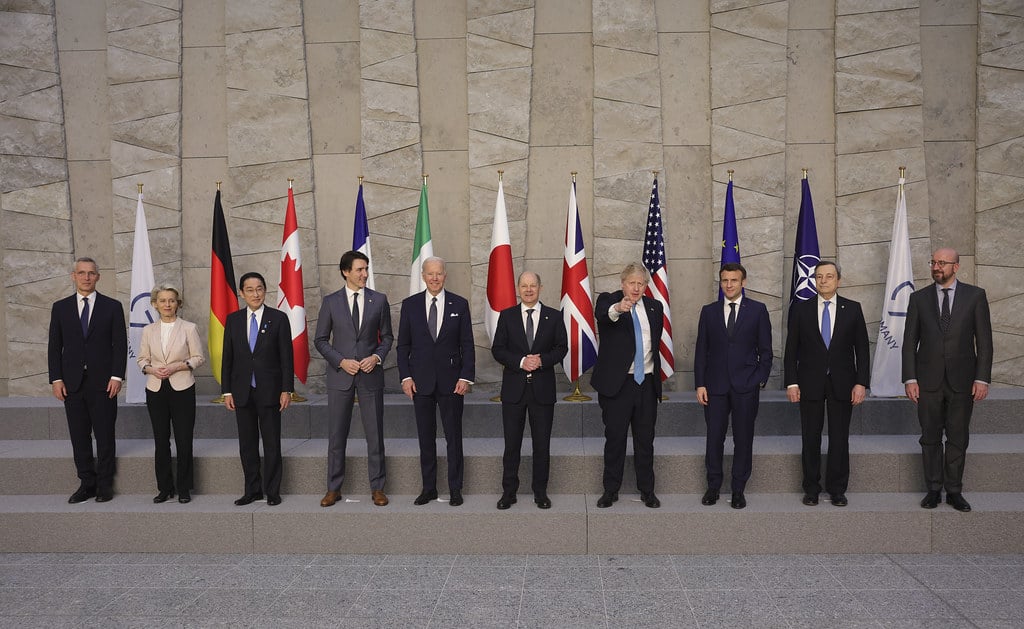The world’s biggest economies failed to set a timeline for phasing out coal but has promised to stop fossil fuel subsidies and to achieve a “predominantly” decarbonised electricity sector by 2035.
—-
G7 countries – Canada, France, Germany, Italy, Japan, the United Kingdom, the United States and the European Union – will end fossil fuel subsidies abroad by 2025 in accordance with Paris Agreement goals.
The seven wealthiest economies in the world met at a three-day summit in Berlin amid the energy security crisis and the race to end global (especially European) reliance on Russian oil and gas over the war in Ukraine. Mitigating climate change was also on the top of the agenda.
G7, which is currently committed to net-zero by no longer than 2050 and to half their collective greenhouse gas emissions by 2030, agreed to take “concrete and timely steps towards the goal of an eventual phase-out of domestic unabated coal power generation”. Coal, being the dirtiest fossil fuel, is the single biggest source of greenhouse gas emissions, warming the planet. Though the commitment initiated by the US, offers an exception if carbon capture technology is incorporated.
You might also like: US Department of Energy Invests $3.5bn to Kickstart Carbon Capture Industry
For the first time, the wealthy nations acknowledged that fossil fuel subsidies are, in fact, incompatible with Paris Agreement targets and with the 1.5C pathway. To this end, climate and energy ministers say they would “phase out new direct government support for international carbon-intensive fossil fuel energy as soon as possible”, and eliminate them by 2025. This will particularly affect Japan, a country that relies heavily on coal-fired power plants. But exceptions are once again can be made in the case of projects approved for national security and geostrategic interests.
After failing to deliver on the promised USD$100 billion a year in 2019 to help poorer (and more impacted by climate change) countries with their renewable energy transition and climate mitigation, citing the pandemic, G7 renewed that pledge in 2021. This year, the minsters say they will increase climate finance by 2025.
Other major targets include committing to a highly decarbonised transport sector by 2030 by increasing the use of zero-emission vehicles and decarbonising the industry, namely steel and cement; boost cooperation on green hydrogen projects; to conserve or protect at least 30% of land and oceans by 2030; and more stringent environmental regulations on deep-sea mining.
Separately, Germany – the current lead chair of G7 – and the US signed a declaration to take a lead role in setting the framework for a successful energy transition, focusing primarily on hydrogen, offshore wind power, and zero-emission vehicles. US climate envoy John Kerry highlighted the economic opportunities around climate protection, and that it has the potential of being “the biggest market the world has ever seen.”
EO’s Position: The current energy crisis may be hindering the current pace of global green transition, forcing countries to step up their fossil fuel production. But there is no doubt that the only way the world will ever truly achieve energy independence is to phase out fossil fuels altogether. Ending fossil fuel subsidies is a start, but the only sustainable long-term solution is to eliminate coal production completely and scale up renewables.
Featured image by: Andrew Parsons / No 10 Downing Street (CC BY-NC-ND 2.0)


















